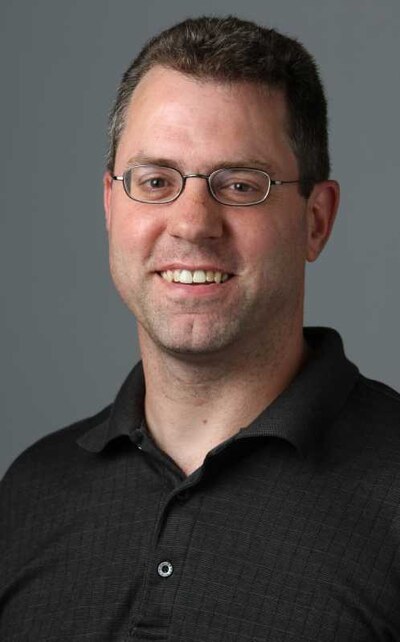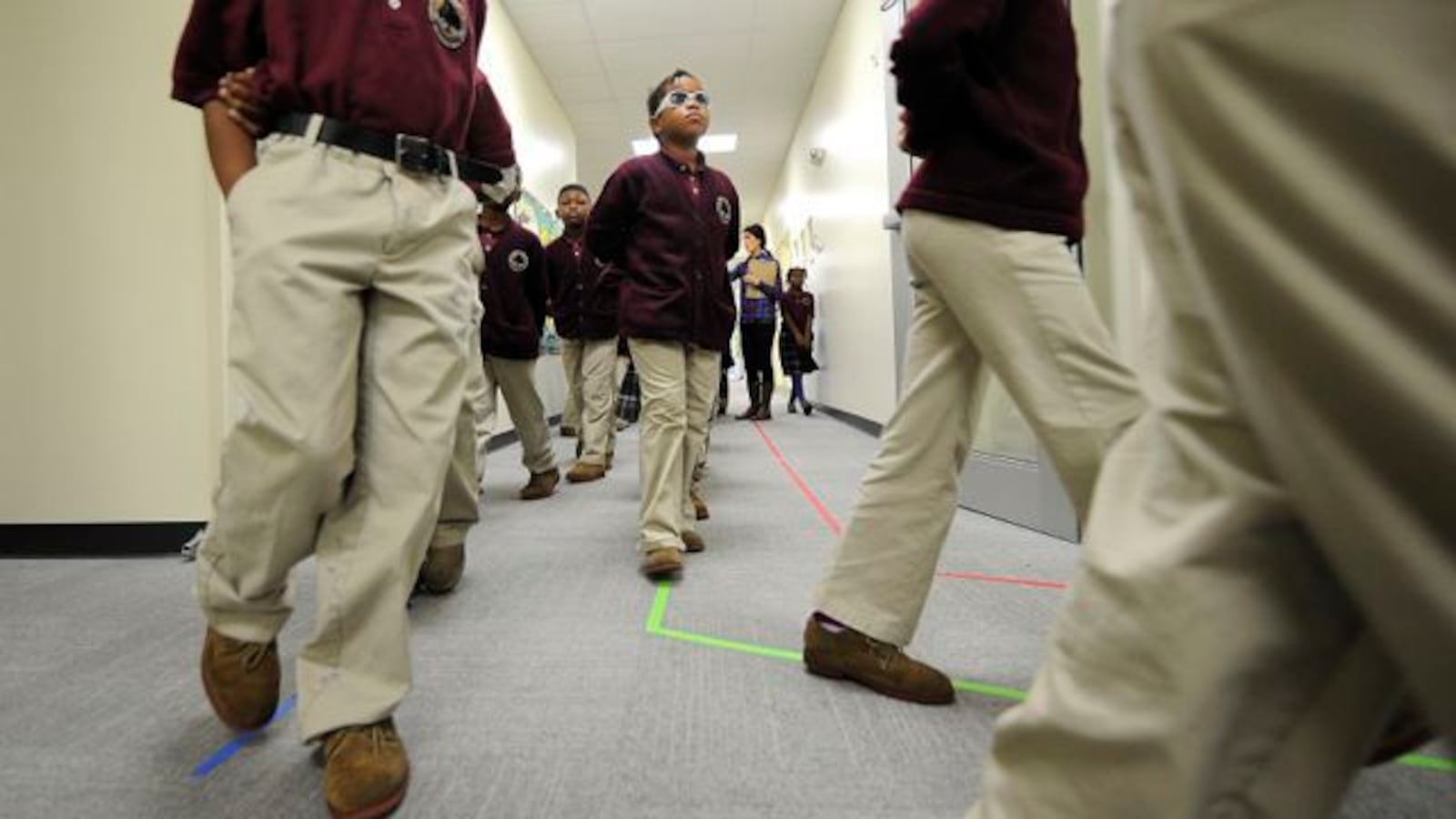Students who attend charter high schools are more likely to graduate, attend college, stay in college and earn more as working adults than their counterparts in traditional public schools, according to a new study.
While most comparison studies have focused on short-term test results of charter and traditional schools, the findings released this week represent the first large-scale study to examine long-term outcomes into adulthood.
The study was conducted by researchers at Vanderbilt University’s Peabody College of Education, Florida State University, and Mathematica Policy Research.
From 1998 to 2002, they tracked students who attended secondary charter schools in Florida via four cohorts starting in their eighth-grade year. They then tracked their progress in post-secondary education and entering the workforce as adults.
Maximum annual earnings were approximately $2,300 higher for 23- to 25-year-olds who attended charter high schools versus conventional public schools across the state of Florida, said Ron Zimmer, a Peabody researcher who co-led the study with Tim Sass of Florida State.
The increased earnings are roughly 12 percent more than the income of counterparts from traditional schools.
The study also found that students who attended charter high schools were more likely to attend a two- or four-year college by an estimated 9 percentage points.
“I would say a 9-point gain in going to college is pretty significant, especially when less than 50 percent of the overall population attends college,” Zimmer said.
Most studies have found little to suggest that charter schools promote positive test scores on average across an entire state, even though some charter schools produce substantial test-score gains. This research suggests that charter high schools may be endowing their students with skills that test scores do not capture, such as those that promote success in college and career.

“Perhaps charter schools are trying to focus on promoting life skills like grit, persistence, self-control and conscientiousness. But more research would be needed to test this hypothesis,” Zimmer said.
Since their inception in 1992, charter schools have expanded to more than 6,800 schools nationally serving nearly 3 million students.
In Tennessee, the sector of publicly funded, independently run schools has grown from four in 2003 to 98 charter schools last year in Memphis, Nashville, Chattanooga and Knoxville. Together, they serve more than 29,000 students, or almost 3 percent of all public school students across Tennessee. They’ve also contributed to sometimes contentious local debates in which traditional school leaders complain that charters siphon off badly needed resources, while not offering important ancillary services such as bus transportation and special education for severely disabled students.
Tennessee’s charter school population is vastly different than the students tracked during that period in Florida, which were 63 percent white, 18 percent black, 17 percent Hispanic and 2 percent Asian. In Tennessee, more than 95 percent of charter enrollees are black, largely due to a law that limited charter school enrollment to low-income students until 2011.
Maya Bugg, CEO of the Tennessee Charter School Center, said she would like to see Tennessee-specific data now that the state’s first cohort of charter school graduates is entering the workforce. She noted that several charter high schools in Tennessee have sent a high percentage of students to college, especially considering their demographics.
“The next step is to share those learnings across schools,” Bugg said. “We want those results — period, charter school or traditional.”
Since many charter schools in Tennessee have been recognized as “reward” schools, Bugg does not think the different demographics would translate into less successful graduates.
Zimmer, who is based in Nashville, said such differences point to the need for more studies.
“One of the big things that comes out of this is that, as an education community, we need to think broader than just mapping out test scores,” he said. “We need to be doing this in Tennessee and other places.”
Nashville reporter Grace Tatter contributed to this report.


